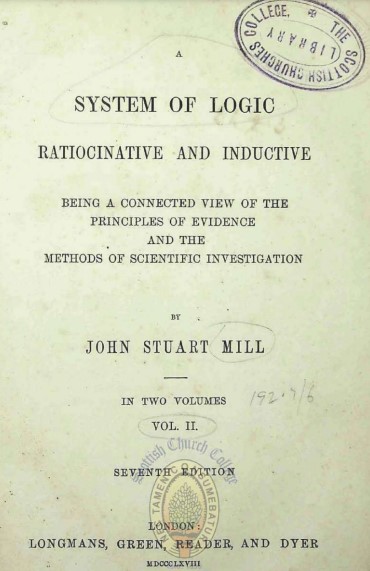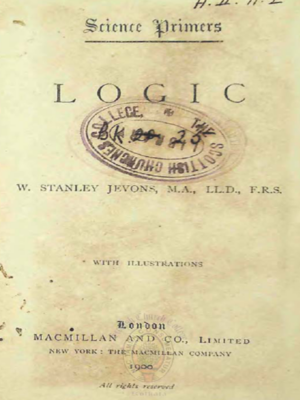Description
Volume II of A System of Logic: Ratiocinative and Inductive by John Stuart Mill continues Mill’s in-depth exploration of the principles of reasoning, both deductive (ratiocinative) and inductive. In this second volume, Mill extends his analysis of the methods of scientific investigation, providing detailed discussions of causation, empirical observation, and the inductive process through which knowledge of the world is built.
Mill’s A System of Logic is a foundational work in the philosophy of science and epistemology, where he articulates the logic of scientific reasoning, focusing on how general principles can be derived from particular observations. In Volume II, Mill elaborates on his famous methods of inductive inference, including the Method of Agreement, the Method of Difference, and the Joint Method, which have become crucial tools in scientific methodology.
Mill also addresses the limitations of human reasoning, the role of probability, and the concept of uniformity in nature. He critiques and refines earlier theories of logic and knowledge, incorporating elements of empiricism and utilitarianism, which reflect his broader philosophical stance.
This volume is essential for students of logic, philosophy of science, and epistemology, as it provides a comprehensive framework for understanding how reasoning can be applied systematically to uncover truths about the world. Mill’s work continues to influence modern thinking about scientific methodology, empirical evidence, and the nature of logical inference.





